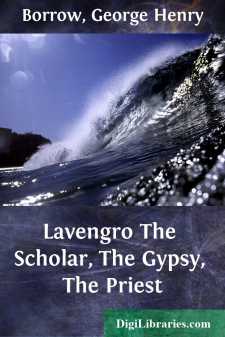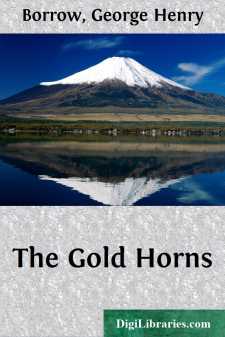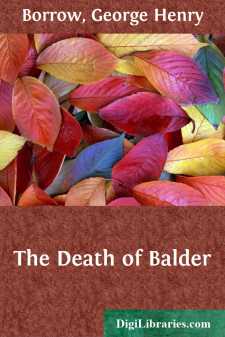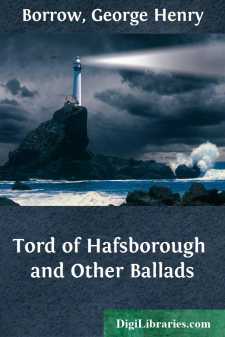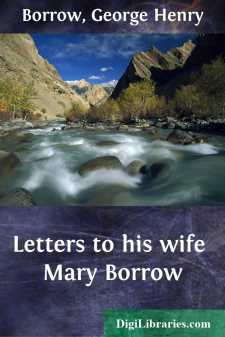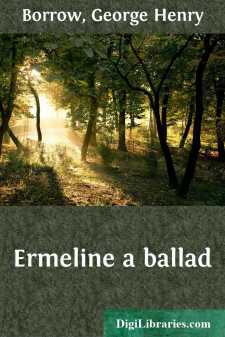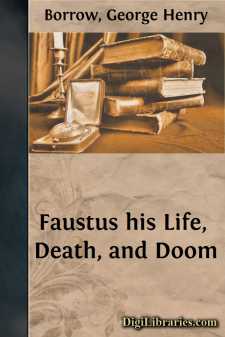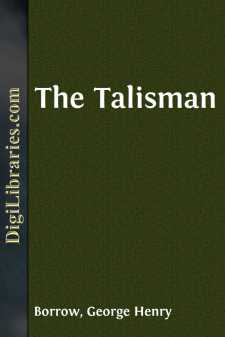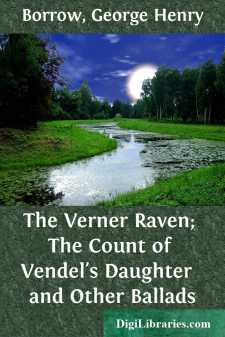Categories
- Antiques & Collectibles 13
- Architecture 36
- Art 48
- Bibles 22
- Biography & Autobiography 813
- Body, Mind & Spirit 141
- Business & Economics 28
- Children's Books 12
- Children's Fiction 9
- Computers 4
- Cooking 94
- Crafts & Hobbies 4
- Drama 346
- Education 46
- Family & Relationships 57
- Fiction 11825
- Games 19
- Gardening 17
- Health & Fitness 34
- History 1377
- House & Home 1
- Humor 147
- Juvenile Fiction 1873
- Juvenile Nonfiction 202
- Language Arts & Disciplines 88
- Law 16
- Literary Collections 686
- Literary Criticism 179
- Mathematics 13
- Medical 41
- Music 40
- Nature 179
- Non-Classifiable 1768
- Performing Arts 7
- Periodicals 1453
- Philosophy 64
- Photography 2
- Poetry 896
- Political Science 203
- Psychology 42
- Reference 154
- Religion 513
- Science 126
- Self-Help 83
- Social Science 81
- Sports & Recreation 34
- Study Aids 3
- Technology & Engineering 59
- Transportation 23
- Travel 463
- True Crime 29
Lavengro The Scholar, The Gypsy, The Priest
Categories:
Description:
Excerpt
In the following pages I have endeavoured to describe a dream, partly of study, partly of adventure, in which will be found copious notices of books, and many descriptions of life and manners, some in a very unusual form.
The scenes of action lie in the British Islands;—pray be not displeased, gentle reader, if perchance thou hast imagined that I was about to conduct thee to distant lands, and didst promise thyself much instruction and entertainment from what I might tell thee of them. I do assure thee that thou hast no reason to be displeased, inasmuch as there are no countries in the world less known by the British than these selfsame British Islands, or where more strange things are every day occurring, whether in road or street, house or dingle.
The time embraces nearly the first quarter of the present century: this information again may, perhaps, be anything but agreeable to thee; it is a long time to revert to, but fret not thyself, many matters which at present much occupy the public mind originated in some degree towards the latter end of that period, and some of them will be treated of.
The principal actors in this dream, or drama, are, as you will have gathered from the title-page, a Scholar, a Gypsy, and a Priest. Should you imagine that these three form one, permit me to assure you that you are very much mistaken. Should there be something of the Gypsy manifest in the Scholar, there is certainly nothing of the Priest. With respect to the Gypsy—decidedly the most entertaining character of the three—there is certainly nothing of the Scholar or the Priest in him; and as for the Priest, though there may be something in him both of scholarship and gypsyism, neither the Scholar nor the Gypsy would feel at all flattered by being confounded with him.
Many characters which may be called subordinate will be found, and it is probable that some of these characters will afford much more interest to the reader than those styled the principal. The favourites with the writer are a brave old soldier and his helpmate, an ancient gentlewoman who sold apples, and a strange kind of wandering man and his wife.
Amongst the many things attempted in this book is the encouragement of charity, and free and genial manners, and the exposure of humbug, of which there are various kinds, but of which the most perfidious, the most debasing, and the most cruel, is the humbug of the Priest.
Yet let no one think that irreligion is advocated in this book. With respect to religious tenets I wish to observe that I am a member of the Church of England, into whose communion I was baptized, and to which my forefathers belonged. Its being the religion in which I was baptized, and of my forefathers, would be a strong inducement to me to cling to it; for I do not happen to be one of those choice spirits ‘who turn from their banner when the battle bears strongly against it, and go over to the enemy,’ and who receive at first a hug and a ‘viva,’ and in the sequel contempt and spittle in the face; but my chief reason for belonging to it is, because, of all churches calling themselves Christian ones, I believe there is none so good, so well founded upon Scripture, or whose ministers are, upon the whole, so exemplary in their lives and conversation, so well read in the book from which they preach, or so versed in general learning, so useful in their immediate neighbourhoods, or so unwilling to persecute people of other denominations for matters of doctrine....


